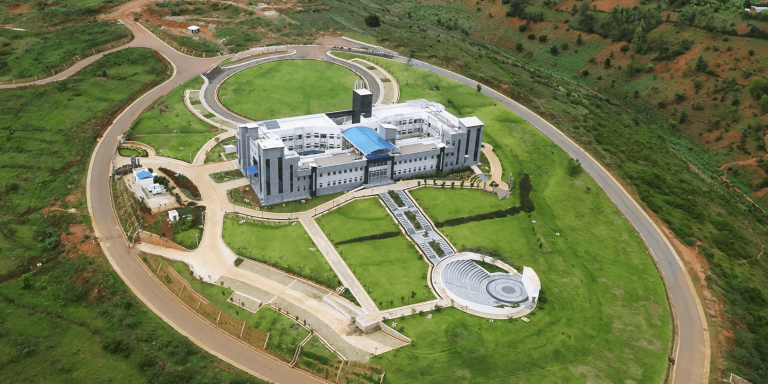
Approximately 10,000 young Africans will benefit from the partnership announced on September 8 by Carnegie Mellon University (CMU), the Mastercard Foundation, and the Rwandan government. The  175 million in ongoing funding for CMU-Africa. It also includes $100.7 million for the creation of CMU-Africa’s Center for Inclusive Digital Transformation of Africa.
175 million in ongoing funding for CMU-Africa. It also includes $100.7 million for the creation of CMU-Africa’s Center for Inclusive Digital Transformation of Africa.
Reeta Roy, President and CEO of the Mastercard Foundation, said:
“The recipients of the scholarships awarded by the Mastercard Foundation and the graduates of this program will be at the forefront of developing job-creating technologies and businesses and improving African economic competitiveness. We look forward to the role that African universities will play in training scientists, innovators, and problem solvers on the continent, as well as in developing knowledge that will benefit society as a whole.
CMU-Africa
Carnegie Mellon is the only U.S. research university with master’s degree programs and full-time faculty, staff, and operations on the continent. CMU-Africa came into being in 2011 through a partnership between Carnegie Mellon University and the Rwandan government.
CMU-Africa offers graduate education in AI, ICT, electrical and computer engineering through Carnegie Mellon’s renowned College of Engineering, which has the same standards, curriculum and requirements as its Pittsburgh campus. By spring 2022, the program was enrolling over 230 students representing 21 African countries.
Nearly 90% of its students, within the first year after graduation, have founded or joined startups, are pursuing their PhDs at top doctoral programs in the U.S. and Europe, and are employed in government information offices, including the Government of Rwanda and the World Bank.
The new partnership
Specifically, this partnership with the Mastercard Foundation will allow CMU-Africa to focus on the following objectives:
- Expand teaching capacity, including the introduction of a new degree in Artificial Intelligence Engineering, and online learning programs;
- Increase the annual enrollment of CMU-Africa students by more than 33%;
- Provide additional financial assistance to more CMU-Africa students, including increased support for the Mastercard Foundation’s scholarship program at CMU-Africa. This collaboration will provide direct scholarships to a total of 300 students;
- Ensure that programs recruit and provide opportunities for marginalized groups, including women, people with disabilities, and displaced persons;
- Piloting English language immersion programs to prepare undergraduate students from other African universities for graduate study.
In addition, the partnership will more broadly strengthen the research, entrepreneurship and innovation ecosystem in Africa through the following actions:
- Establishing a network of higher education institutions in Africa that can collaborate with the private sector and governments to create the conditions for an inclusive digital transformation;
- Supporting nearly 10 African universities to provide high-quality engineering and technology education;
- Increasing the dissemination of digital knowledge to stimulate technological development and job-creating innovation through training, seed funding, and collaborative opportunities for researchers at CMU-Africa and other partner universities;
- Directly involving CMU-Pittsburgh faculty and staff in CMU-Africa’s activities to innovate education and contribute to the development of knowledge essential to Africa’s inclusive digital transformation in areas as diverse as agriculture, health, and finance, among others.
Allen Robinson, Director of CMU-Africa and Associate Dean for International Programs in Africa, concludes:
“The Mastercard Foundation has been instrumental in the growth of CMU-Africa, helping to meet the growing demand for high-quality technical skills that will accelerate the continent’s development. With this latest installment of our partnership, our ability to build a pan-African network that positively impacts the future of youth on the continent will grow exponentially.”









